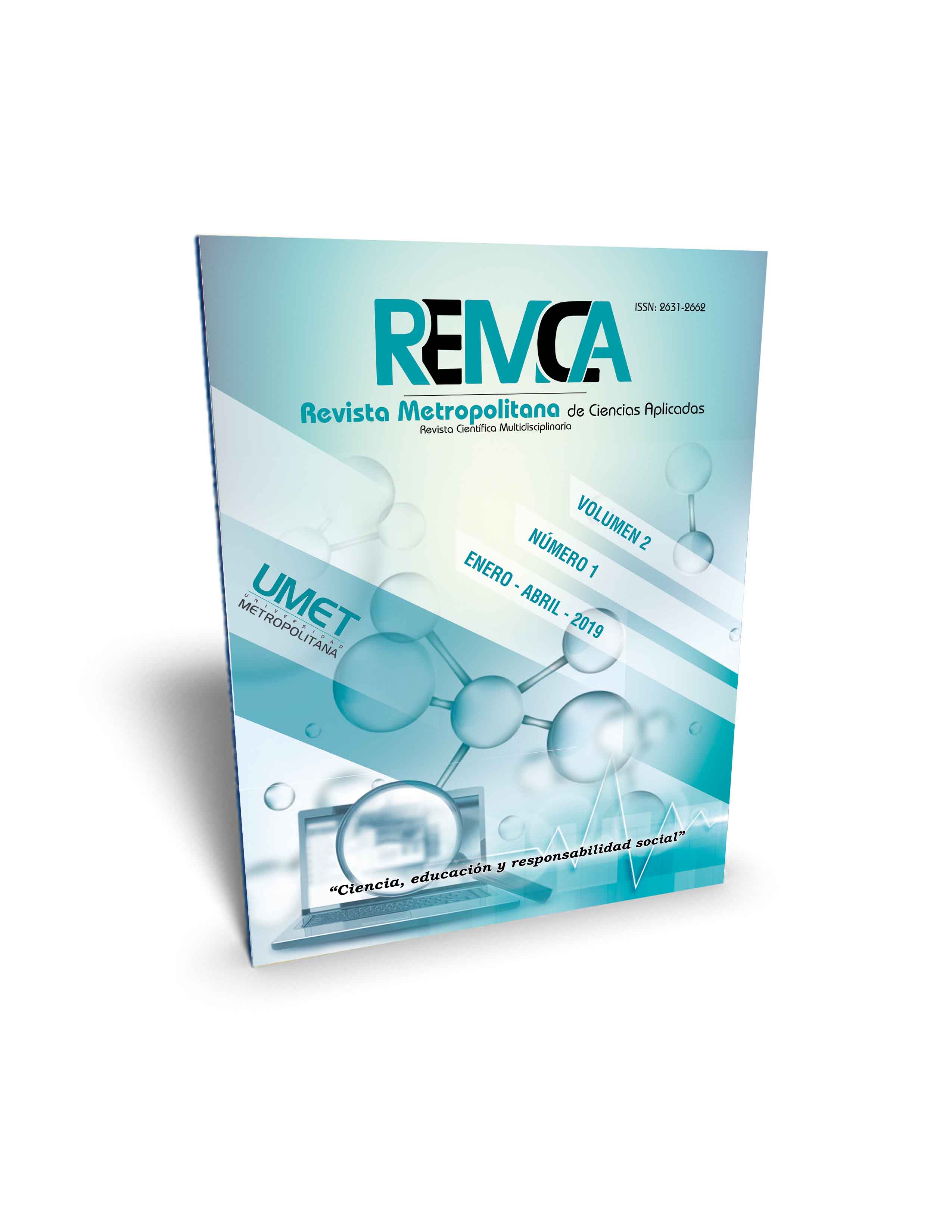Justice and law from the perspective of the social order and culture legal philosophical
DOI:
https://doi.org/10.62452/a45fnk24Keywords:
Justice, law, social order, juridical cultureAbstract
The present work analyzes from the philosophical and legal perspective, a substantial concept for the understanding of law as a political and social category, this is justice, under the understanding of legality, as the strict adherence to the law, the impartial and correct application and interpretation of positive law. It is examined under the assumption that it is necessary to promote legal culture as an element that allows justice to radiate towards each individual citizen and towards the social order in general as a contribution to the process of formation and preparation of society and also to conform a triad with the concept of legality.
Downloads
References
Bobbio, N. (2005). Derecho y Democracia.Camerino: Universidad de Camerino.
Habermas, J. (1993). Factibilidad y Validez. Madrid: Tecnos.
Kelsen, H. (2008). La Paz por Medio del Derecho. Madrid Trotta.
Laborde, R. N. (2010). Introducción general al Derecho. Bogotá: Fundación Fondo de Publicaciones.
Olea, F. J. (2005). Derecho Romano I. México: IURE editores.
Pabón, A. (1999). Diálogo de Platón. Buenos Aires: Arte.
Platón. (2009). La República. Madrid: Akal.
Rawls, J. (2006). Teoría de la justicia. Cambridge: The Belknap Press of Harvard University Press.
Saul, M. (2005). República. Madrid: Gredos.
Tomas, W. (1983). Esferas de la Justicia. México: Fondo de Cultura Económica.
Torres, G. C. (2014). Diccionario jurídico elemental. Buenos Aires: Heliasta .
Downloads
Published
Issue
Section
License
Copyright (c) 2019 Alizia Agnelli Faggioli, Belkis Alida García, Yisel Muñoz Alfonso (Autor/a)

This work is licensed under a Creative Commons Attribution-NonCommercial 4.0 International License.
The authors retain the copyright, granting the Journal the right to first publication of the work. The authors assign the Journal the rights to exploit the work, authorizing its distribution and public communication for non-commercial purposes. The authors retain the moral rights to the published work. The economic rights belong to the Journal.


